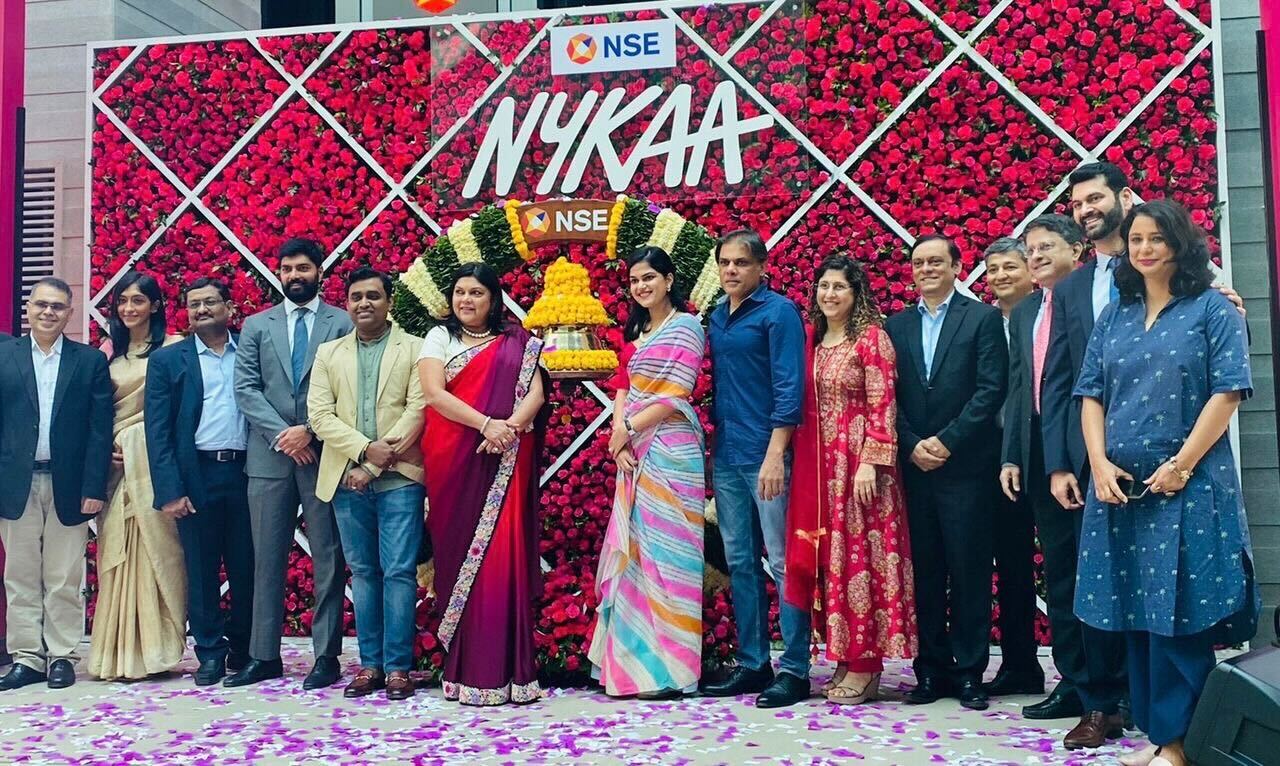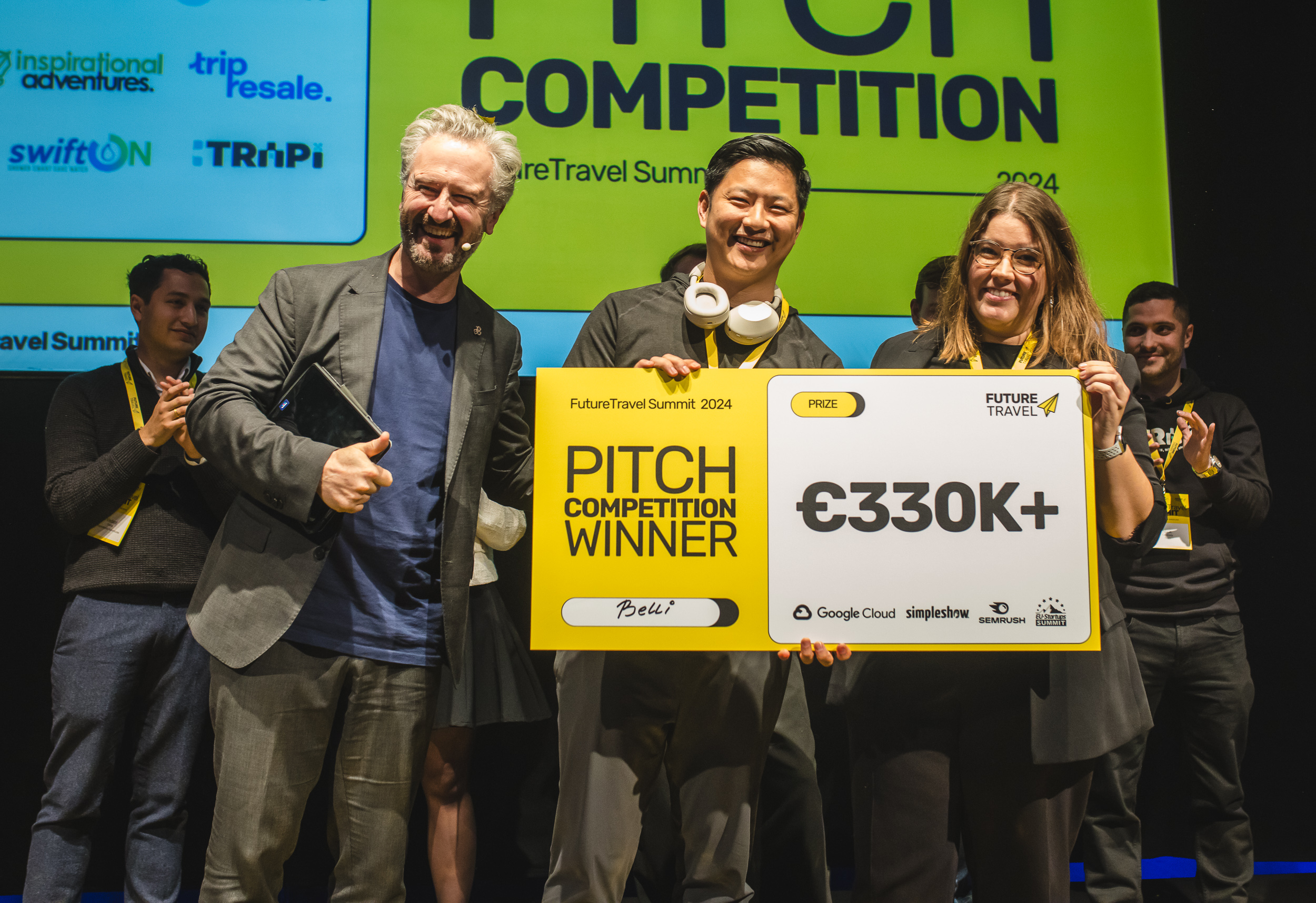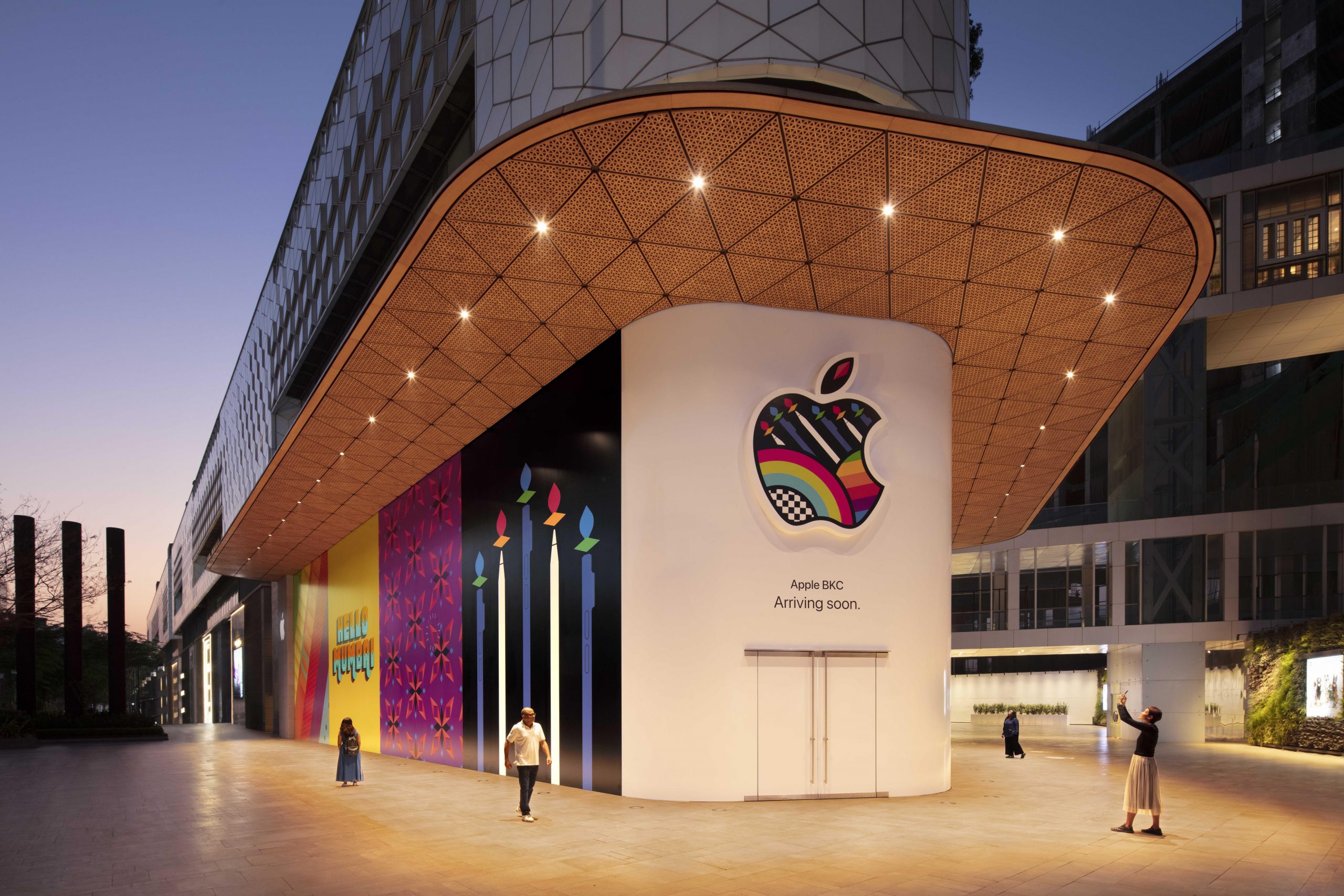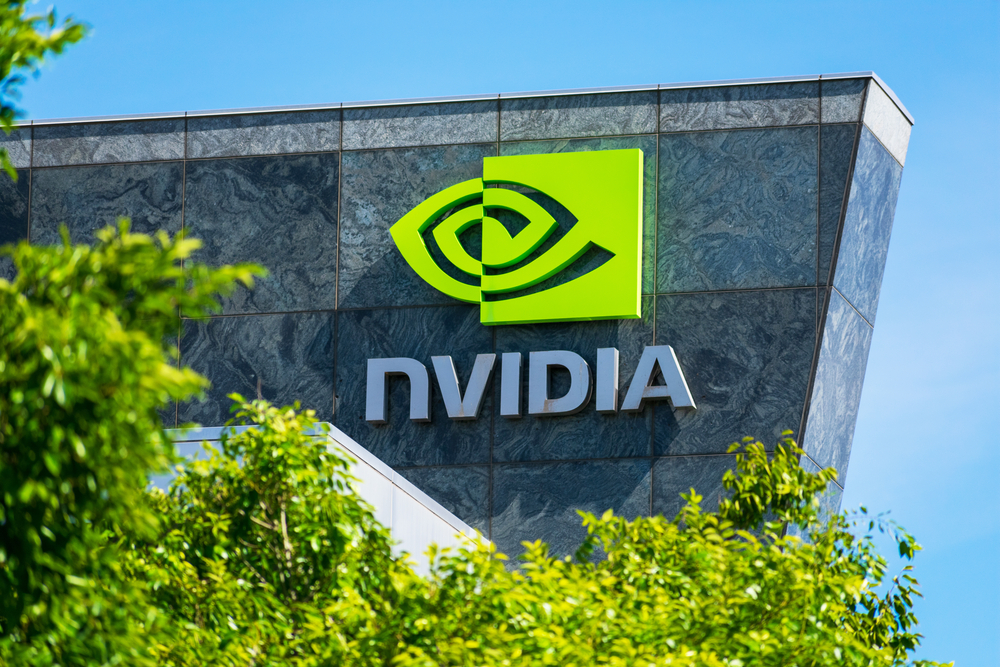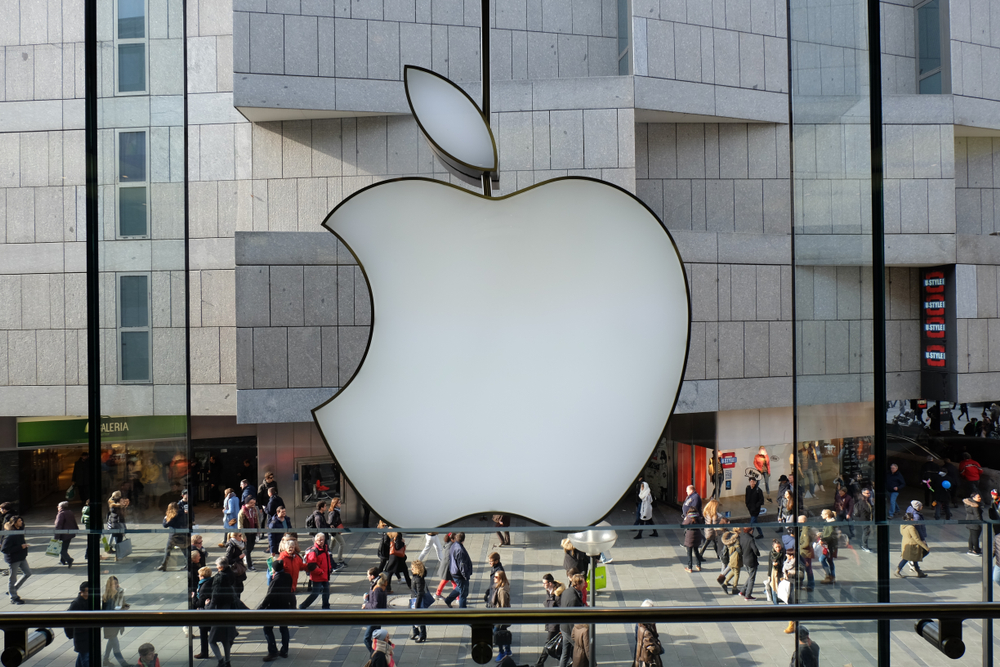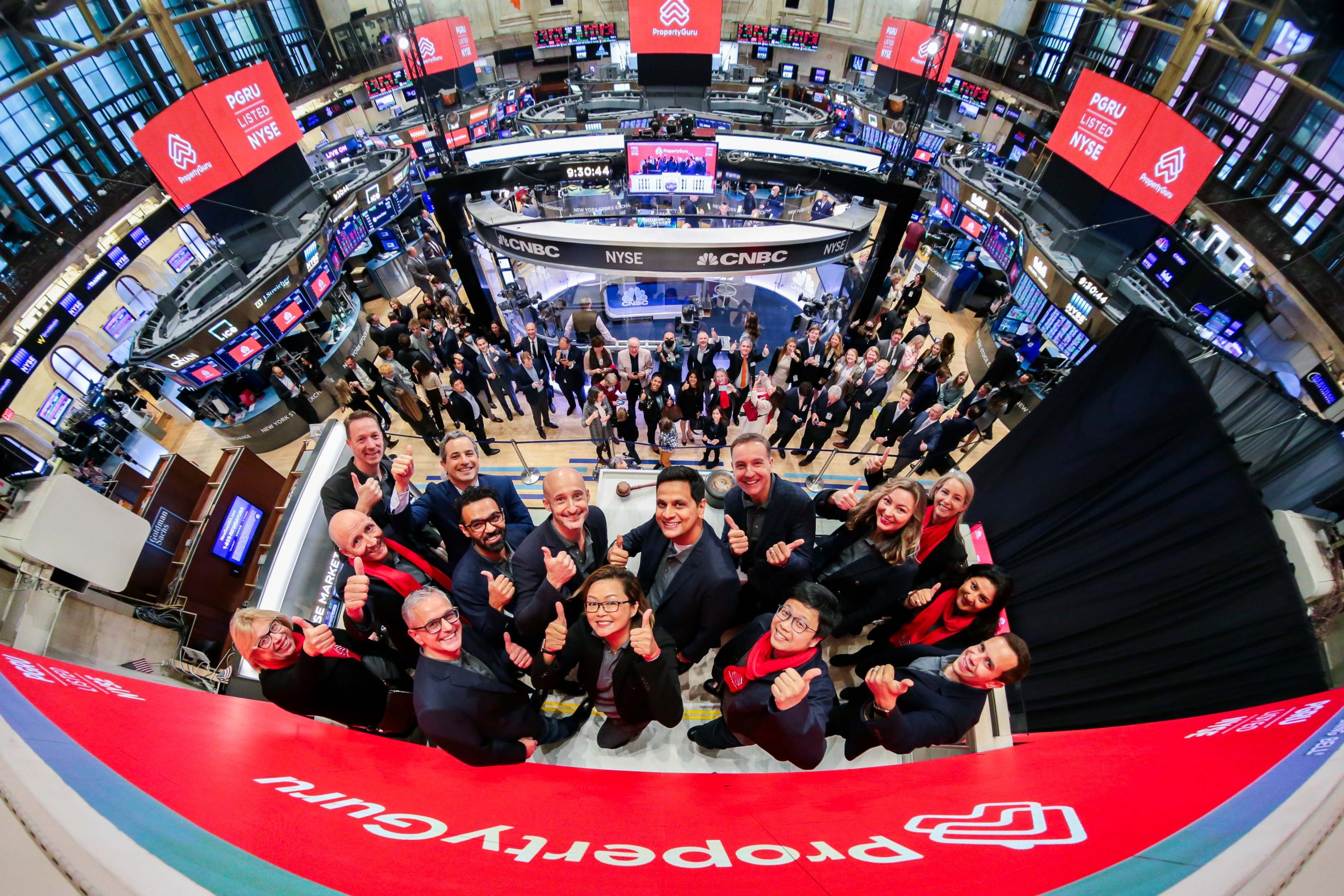Can a fitness tracker which rewards users solve the problem of wearable tech?
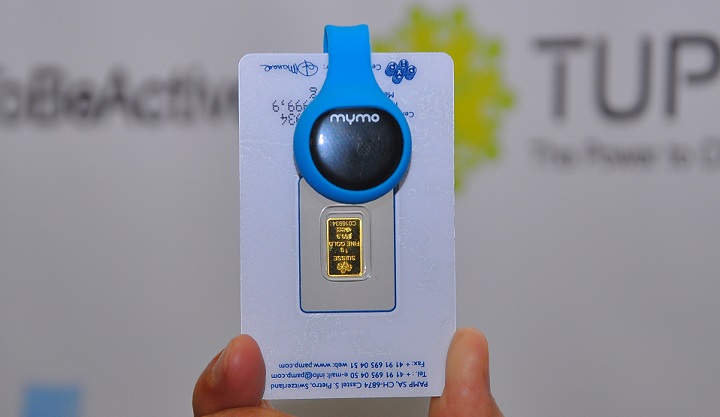
Pedometers, smart watches, and fitness monitors – funky little gadgets which promise to make you active – have been quite a fashion statement ever since they arrived on the tech scene a few years ago. The number of early adopters for these wearables – made by the likes of Fitbit, Nike, and Jawbone – run in millions. This year, 10 million units of wearable gadgets will sell, generating revenue of US$3 billion, Deloitte estimates. Wearables are the next smartphones, they say. But there’s a problem.
Millions of people buy, flaunt, and then abandon them after a few months – or even weeks. Calculating the number of steps walked, calories burned, or hours slept tends to get a bit boring after the initial excitement of the new device wears off. Wearers find it tiresome to charge these devices or transfer data every day. They discover that the devices don’t always go with their wardrobe.
But there’s a way around the limited appeal issue plaguing wearables, Tupelo, a Dubai-based health and wellness technology company, believes. That is, if using the wearable becomes rewarding for the wearer not just in better health but in a more tangible, monetary way. Tupelo’s Mymo, a new activity tracker that launched in India yesterday, lets users cash in steps for rewards like mobile talk time, groceries, airline miles, and vacations.
“With the University of California, we studied 60,000 users of wearables, and found that the drop-out rate is about 85 percent,” says Martyn Molnar, Tupelo’s CEO. “So we realized that just another health-tracking device is not going to solve the problem. We figured that if we were to solve the incentive part, we are on a home-run.”
Much awaited smartband Nabu from gaming hardware company Razer also has a reward-based model. Nabu owners will be able to convert their number of steps walked, calories burnt, and hours slept recorded by the device into in-game rewards like gold or diamonds for power-ups.
See: Razer’s Nabu turns exercise activity into in-app reward for Tencent game
Unlike Nabu, which is a wristband, Mymo is a discreet, clip-on device, not much larger than a coin. Leaving less room for excuses to abandon the device, it has a six-month battery life. It tracks users’ steps, distance, and calories wirelessly on an iPhone, Android smartphones, or via a computer. Depending on how active they have been, users get their rewards on achieving fitness goals dubbed MyMiles. These goals start at 3,000 steps a day.
Mymo runs on annual subscriptions. The base pack costs INR 3,999 (US$66) in India, while the premium-pack is INR 9,999 (US$165). Premium subscribers get 24/7 remote access to a doctor, personal coach, and Tupelo’s disease-prevention and intervention programs. In India, the top 100 MyMiles earners will get an additional reward of 1 gram of Swiss gold. “People need very strong incentives to incorporate activity into their routine. So we keep users engaged with the programs offering aspirational rewards that align with top lifestyle choices,” Molnar says.
India is the first country where Mymo is being introduced. Fitness trackers appeal to health fanatics primarily, but Indians are not as health-conscious as people are becoming in the West.
Heart disease in India occurs 10 to 15 years earlier than in the west. One fifth of the deaths in India are from coronary heart disease. There are about 50.8 million diabetics in India, which is the highest ever reported number from anywhere in the world. Indians tend to be diabetic at the relatively young age of 45, which is about 10 years earlier than in the West. Molnar points out that in Bangalore alone, 14 percent of the population – that’s eight million people – suffer from preventable diseases. To put the number into perspective, eight million is the entire population of Silicon Valley.
Fitness is still a low priority in India. Then why is Mymo launching in India first? “India is where Mymo can have maximum impact. We will be driving our users to fitness, not simply tracking,” Molnar says.
In India, Mymo will be competing with other fitness trackers like the GOQii Band, which comes with full touch display, a vibrating alarm, ultra-lightweight water resistant construction with skin sensitive materials, and automatic wireless syncing via Bluetooth LE. Its functions include a watch, a motion sensor that can track steps, calories, distance, and it gives ‘Karma Points’ – a virtual currency for philanthropy. It recently raised an undisclosed amount in angel funding from Neeraj Arora, business head at WhatsApp, and Marco Argenti, vice president of mobile at Amazon Web Services.
Mymo is available for pre-order on Tupelo’s site and Amazon India.
So far, wearing a self-tracking fitness monitor regularly has been a step further than most people are willing to go. We have to wait and watch if Mymo’s practical rewards will keep consumers hooked long after the unboxing.
Recommended reads
 🇮🇳 Roundup: GlobalBees buys fitness brand Reach, more
🇮🇳 Roundup: GlobalBees buys fitness brand Reach, more Nykaa’s financial health in 5 charts
Nykaa’s financial health in 5 charts Veteran travel exec’s new startup sees new gold in airline cargo
Veteran travel exec’s new startup sees new gold in airline cargo Singaporean celebs test out new startup’s AI avatars
Singaporean celebs test out new startup’s AI avatars Apple in talks with Baidu on AI partnership: report
Apple in talks with Baidu on AI partnership: report Yotta eyes AI data center dominance in India with boost from Nvidia
Yotta eyes AI data center dominance in India with boost from Nvidia Elon Musk to open-source his ChatGPT competitor
Elon Musk to open-source his ChatGPT competitor Apple CEO Tim Cook to visit Indonesia for potential investments
Apple CEO Tim Cook to visit Indonesia for potential investments Sea says it will add over 2,000 jobs in Malaysia
Sea says it will add over 2,000 jobs in Malaysia PropertyGuru lays off 79 employees amid strategic shift
PropertyGuru lays off 79 employees amid strategic shift
Editing by Steven Millward
(And yes, we’re serious about ethics and transparency. More information here.)

